Oak trees are such beautiful trees, but did you know that their pollen can hurt your pool?
As spring is just around the corner, now is the time to do some spring cleaning!
Even if you don’t have any oak trees in your backyard, your neighbors might, and pollen can travel on wind and breezes and end up in your pool. Read on below to find out how to help your pool stay healthy when pollen attacks.
Get Your Pool Cleaned by the Experts
Oak Tree Blooming Season is March
Oak trees generally bloom in mid- or late March, once they reach about 20 years of age. As they age, they produce more and more flowers and acorns.
Like other deciduous trees that lose their leaves each fall, oaks go through a dormant period during the winter. As the days grow longer and warmer, and winter snows turn to spring showers, oak trees wake up and experience a surge of new growth.
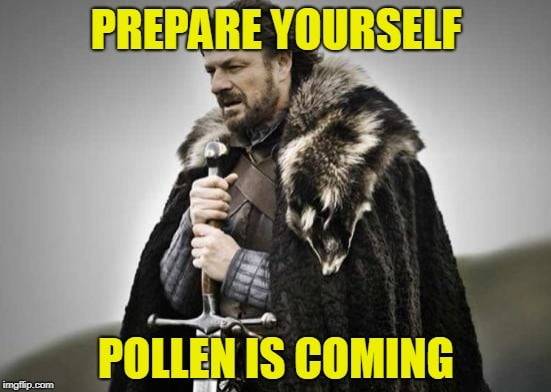
Leaf and flower buds open, and once fertilization has taken place, acorns will emerge from the female flowers that are found primarily near the top of the tree.
Unlike the female flowers, which are small and nondescript, male oak flowers are very visible as long yellow-green fronds, called catkins, hang from the tips of some of the tree’s branches. The flowers themselves are small and run along the catkin’s middle stem, and they release their supply of pollen in about 2 weeks.
What Is Pollen?
Pollen is a yellow, dust-like substance many Houstonians are quite familiar with. It is well known for coating cars and worsening seasonal allergies.
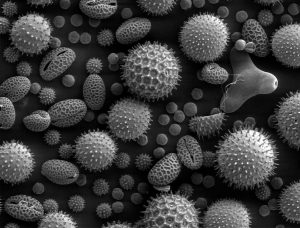
Pollen is a fine, powdery substance consisting of microscopic grains discharged from the male part of a flower or from a male cone. Each grain contains a male gamete that can fertilize the female ovule, to which pollen is transported by wind, insects, or animals.
The release of pollen can be delayed by certain weather conditions, such as:
- heavy rain
- humidity
- intense storms
How Pollen Affects Your Pool
Pollen is bad for your pool – it’s that simple.
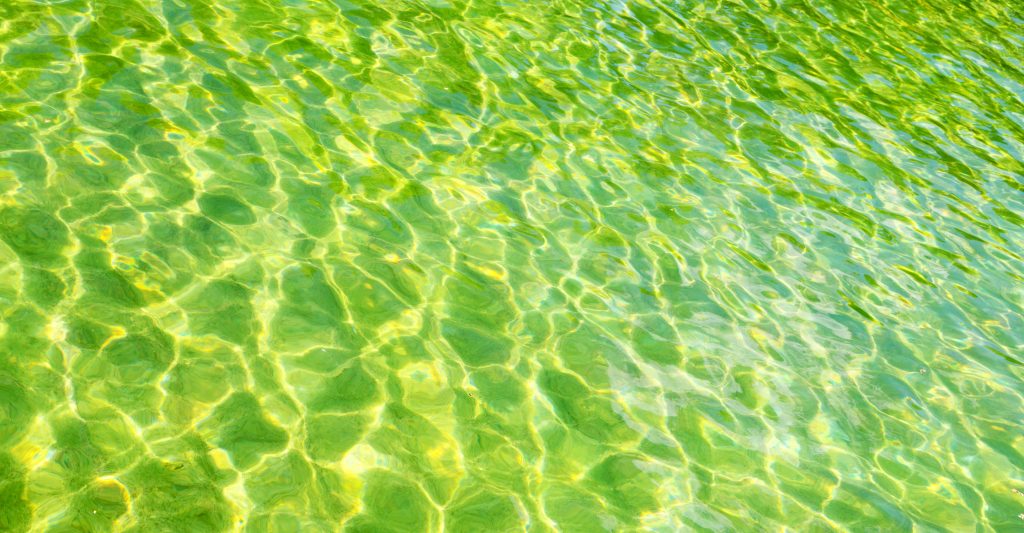 Why? Because pollen is organic matter that, if left alone, creates algae on your pool walls, clogs your filter, and makes your pool dirty.
Why? Because pollen is organic matter that, if left alone, creates algae on your pool walls, clogs your filter, and makes your pool dirty.
Pollen in your pool leads to the following:
- high chlorine demand
- tints water yellow/green
- builds up a yellow scum line on tile at waterline
- contributes to dirty and clogged filters
What that means for you is more frequent filter cleanings, more scooping the surface of your pool, and more chemicals you have to use when treating your pool. Overall, pollen means pool maintenance and cleaning suddenly becomes a lot more work than usual.
More Pollen = More Work
You, the homeowner, may need to do more on your end – like brush, backwash, or get a filter clean prepared.
In addition, to meet the high chlorine demand, it is necessary to shock your pool during pollen season.
Let Manning Take Care of It for You
 What to Do About Pollen in Your Pool
What to Do About Pollen in Your Pool
- Run your filters
- Schedule a filter clean
- Keep up with weekly maintenance and cleaning
Unfortunately, you can’t prevent pollen from falling into your pool. During springtime, it will collect along the waterline.
You can place a thin rag or nylon stocking in your net to help catch some of the pollen, but this is only partially effective and pretty difficult.
The best thing to do is just let nature run its course and clean up the mess once pollen season is over. Otherwise, you’ll be cleaning your pool over and over and over and over again.
Make sure you still keep up with normal maintenance, but don’t stress yourself out – simply call the experts if the pollen is driving you crazy!
Let your filters do their job and make sure to schedule a filter clean at the end of pollen season to get your pool ready for swim season!
Fight Back Against Pollen with these Tips from Manning Pool Service
If you want to keep your pool as healthy as possible, it’s important to perform weekly maintenance and cleaning. Bring in the experts at Manning so we can take care of everything for you. In the meantime, keep your pool healthy and clean with these tips:
- Clean your filter before and after pollen season to prepare it for pollen season and start fresh for swim season.
- Run your pump for 12-14 hours. The more circulation, the better!
- Purchase Aluminum Sulfate from Manning Pool Service to help kill pollen in your pool.
- For particularly heavy pollen pools, we offer Silvertrine, which will destroy any pollen and algae in your pool.
How Pollen Hurts Your Pool | Manning Pool Service – Houston, TX


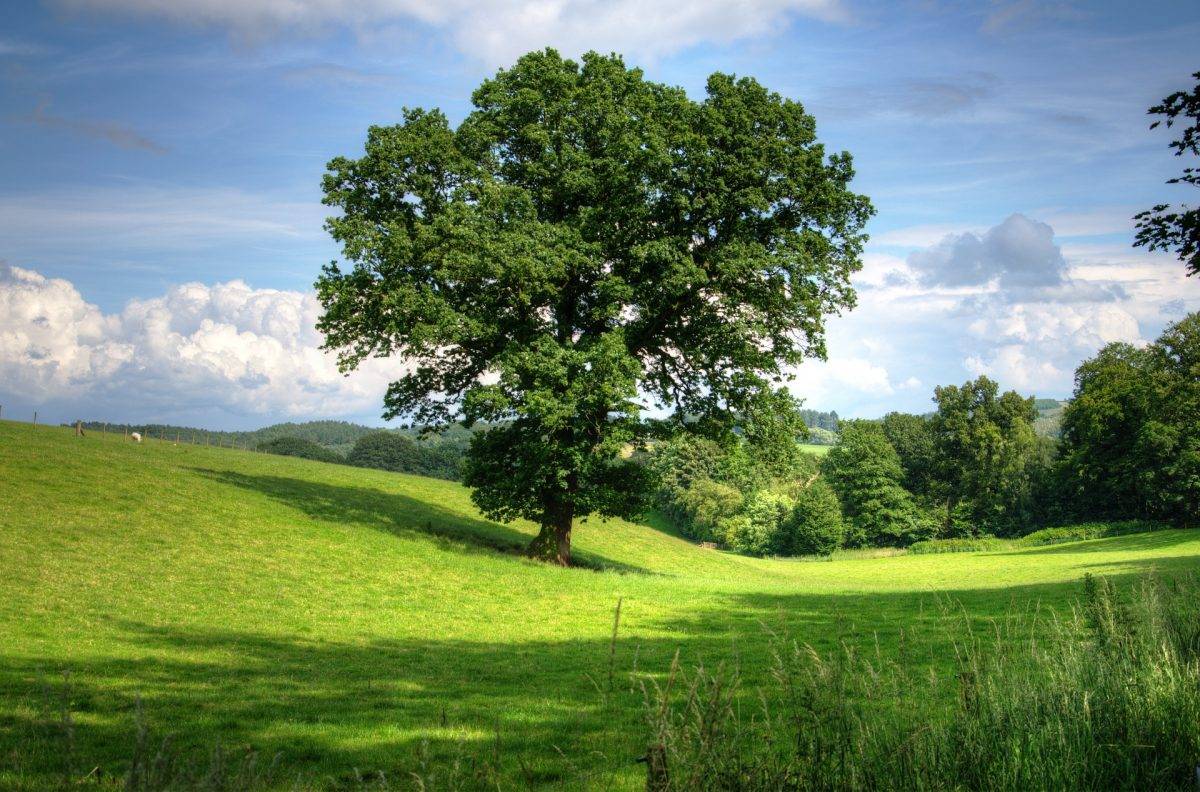
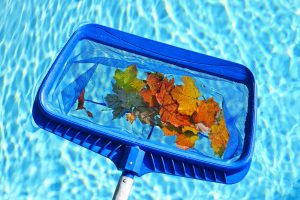 What to Do About Pollen in Your Pool
What to Do About Pollen in Your Pool